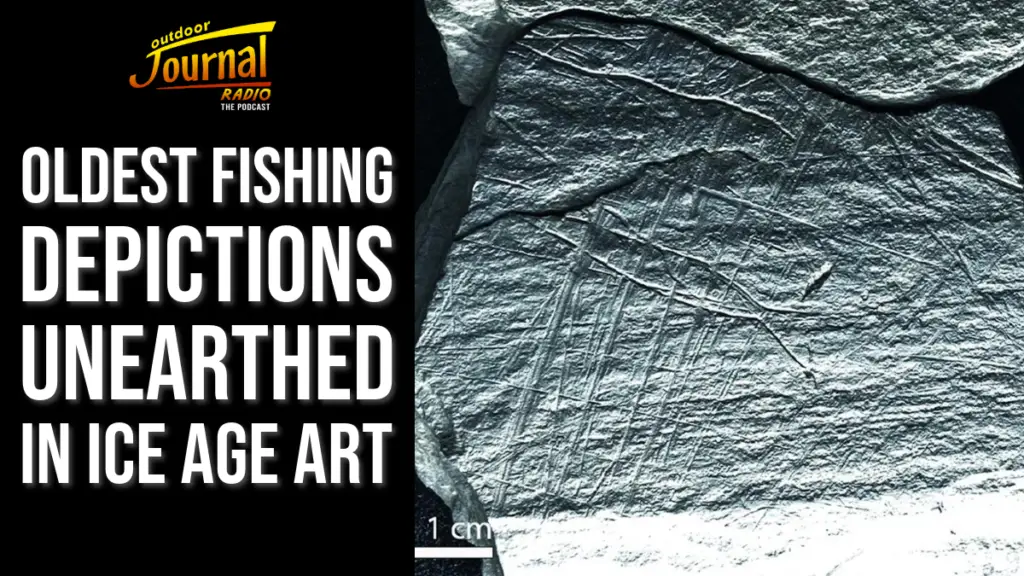Recently, a Falmouth estuary was found to have two dozen dead striped bass, which prompted a brief investigation by the Massachusetts Division of Marine Fisheries. Although the discovery did not cause concern, officials did observe something they had not seen before.
Division of Marine Fisheries Deputy Director Mike Armstrong was not worried about the discovery of 25 dead striped bass in Great Pond, as he stated that they are “in the business of dead fish.” However, he did find the way in which they died to be unique.
When officials investigate the cause of death of fish, they typically look for signs of damage related to catch and release from recreational anglers or dumping from commercial fishing.
Neither of these were present at Great Pond. Instead, Armstrong observed that the striped bass were stuffed with cinder worms.
Cinder worms are about 1 to 3 inches in size and are a food source for bass during their spawning cycles in the spring. Armstrong believes that the bass were swimming through the spawn and consuming so much of it that it’s likely their gills became clogged, eventually killing the fish.
Armstrong stated that he had never seen this happen before, but the evidence seems “to point to that.”
Falmouth’s news alert regarding the situation left a lot of room for questions, but Armstrong said this is simply a natural but unique, if not a little strange, fish death. When asked how something like this could happen, Armstrong stated that “fish aren’t that bright.”








